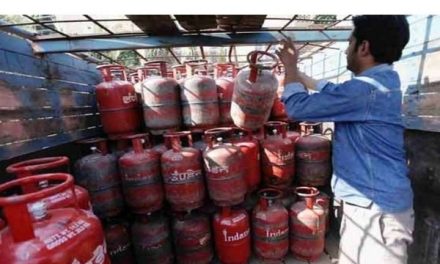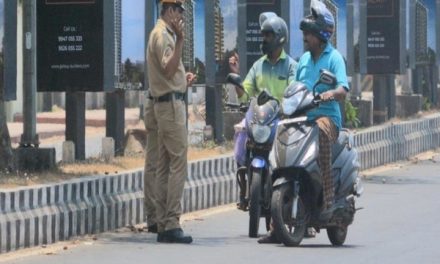ICMR prepares plan: India’s top health research body has prepared a ‘worst-case scenario’ roadmap for COVID-19 testing as it gears up to add 200 additional labs for round-the-clock testing amid spike in cases in the country.
Some interventions to scale up testing capacity to 100,000 tests per day in the coming months- IMCR(Indian Medical Council Research).
The country currently has a capacity to test 18,000 samples for the novel coronavirus per day across 136 government laboratories and 56 private laboratories.
In order to prepare for the worst-case scenario, ICMR has taken a number of steps towards enhancing the number of labs, machines and test kits required to test suspected cases across the country,” the council said in a statement.
The government has been facing criticism on its low testing strategy.
However, on Monday, ICMR scaled-up testing by approving more than 200 public and private laboratories for COVID-19 testing through RT-PCR machines.
The council is now identifying other government and private labs, research institutes and medical colleges that have the capability and infrastructure to undertake COVID-19 testing and is in talks to include them in the testing network, it said.
ICMR is also considering other interventions, such as moving to a 24×7 working model at existing labs, to test more samples. It has been coordinating with states to increase manpower for various functions, including data-entry and redeploying automated and manual RT-PCR machines already in the country, to aid COVID-19 testing effort, and optimizing in-lab processes such as RNA extraction to reduce the turnaround time between sample receipt and testing.
As Covid19 cases accelerate, the country has decided to use CBNAAT diagnostic test (GeneXpert) currently used for testing tuberculosis (TB) to test Covid-19 by modifying the cartridge-based nuclei acid amplification test. The government is also looking at making use of TrueNAT machines.
An empowered group, constituted by the home affairs ministry to work on availability of hospitals, isolation and quarantine facilities, disease surveillance and testing and critical care training, has been on its toes to scale up testing in India.











